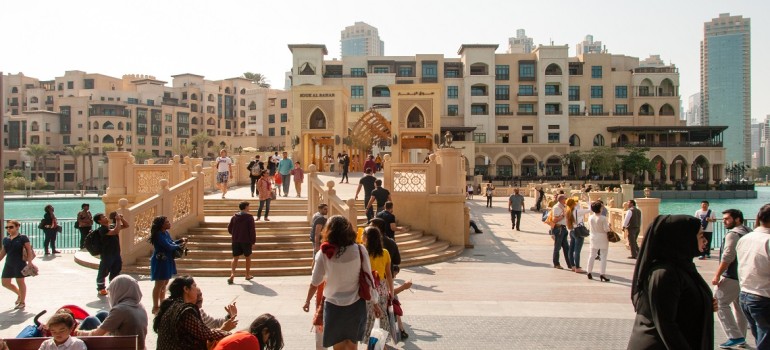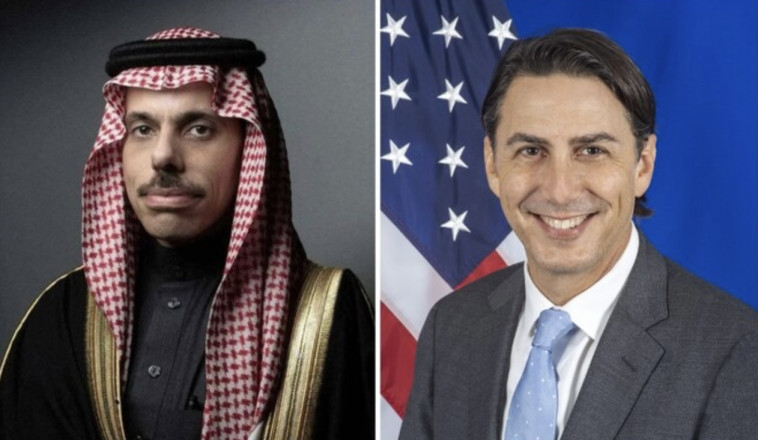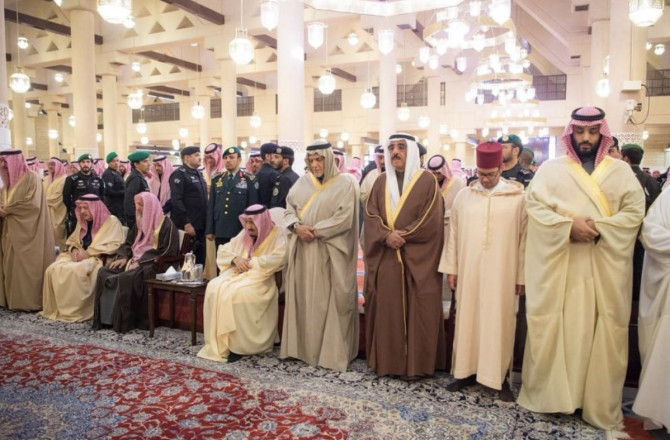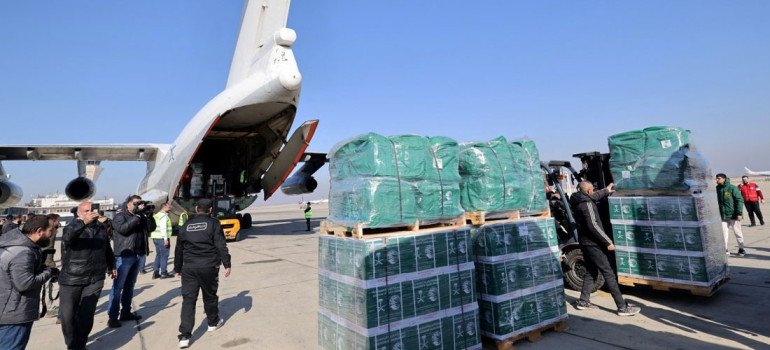The UAE and Saudi Arabia, celebrated for their modern attractions and luxury offerings, could see a decline in visitor numbers as safety concerns prompt travellers to rethink trips to the region. Likewise, Jordan, renowned for landmarks such as Petra, and Egypt, a premier destination for cultural tourism, face the risk of reduced tourist arrivals as unrest casts a shadow over the broader Arab world.
The effects go beyond just tourism, with industries like hospitality, aviation, and local businesses also feeling the strain. Prolonged geopolitical instability could lead to substantial revenue losses, job cuts, and wider economic challenges. To address these issues, governments need to focus on enhancing safety, implementing effective crisis management, and developing recovery plans to rebuild trust and encourage travel once again.
The future of tourism in these countries depends on maintaining regional stability and working together to restore confidence among international travelers, ensuring the industry’s ability to adapt and thrive despite current challenges.
The Arab World, once renowned for its rich cultural heritage, historical landmarks, and vibrant leisure destinations, is now grappling with the profound impact of an intensifying conflict.
Geopolitical unrest has sparked widespread uncertainty and disruption, leading to a dramatic decline in tourism, which is crucial for the economy and global travel industries. Nations that depend heavily on tourism revenue are experiencing major setbacks, as growing safety and stability concerns result in a significant drop in visitor numbers.
Conflict in the region is affecting tourism
The Arab world region is home to famous cultural sites , beautiful places and historical landscapes that attract millions of tourists each year. However, ongoing conflicts, political clashes and violence in key Middle East regions such as Yemen, Syria andPalestine are hindering tourism growth. Constant air strikes , civil unrest, border tensions and security advisories from governments around the world are increasing the risks for international travellers.
Impact on the Arab Economy
Tourism plays a major role in the Arab economy’s ,contributing significantly to GDP, job creation and-foreign exchange earnings. Countries such as theUnited Arab Emirates, Saudi Arabia, Jordan andEgypt have long relied on international tourists to develop their hotels and tourism industries.However, hotels, airlines and travel agencies have reported falling revenues as recent conflicts have led to widespread speculation. Foot traffic is down.
The economic impact is significant as fewer tourists mean lost business for local businesses, hotels, tour guides and restaurants
The surge is affecting global tourism
The impact of the crisis is spreading beyond theArab world to affect the global tourism landscape.Traveler fearful of intervention are considering not only conflict zones but also neighbouring countries . Popular hubs such as Dubai and Doha have also seen a decline in bookings as some travellers opt to return to other international airports.
Many international airlines, including-connecting operators between Europe, Asia andAfrica, have seen their revenues fall due to reduced demand. This can have a domino effective ,cause organisations to struggle to meet their business goals and leading to further financial disruption.
Trust in International Travel Falls
International travelers prioritise safety and comfort when planning their vacations. The worsening war situation has led to a decrease in trust, especially among tourists from Europe, North America andAsia. The feeling of instability is deepening with daily news of conflict and risk. Even countries in the Arab world that are normally considered safe are affected by this situation because tourists associate the entire region with conflict and conflict.The purpose of international mobility. In additionally ,the integration and cooperation of related fields(such as tourism) with conflict zones has been seen in major international tourism and exhibition events
Tourism sector faces loss of income and jobs
The decline in tourism in the Arab world is directly affecting the livelihoods of millions of people. Small businesses that rely on tourism have been hit the hardest by the crisis. Hotels are reporting lower occupancy rates, tour operators are facing layoffs and supermarkets are losing money.Unemployment is compounding the lack of existing businesses in countries already facing other challenges such as inflation and financial investment .
Many luxury travelers who previously thrived in destinations like Dubai, Abu Dhabi and Riyadh are now revising their revenue estimates. Similarly,religion, a major economic driver in countries likeSaudi Arabia (home to Mecca and Medina), has also been affected by security and transportation,although the impact varies by region.
Long-term impact on tourism
If geopolitical instability continues, the long-term impact on tourism in the Arab world could be significant. Countries trying to rebuild tourism after the pandemic now face additional challenges. To mitigate these impacts, the government must increase stability, improve security and strengthen social relations to build trust among tourists.
Investments in regional security, emergency communication plans, and incentives for visitors, such as discount packages or security proceed ,can help reduce some of the copying losses immediately. In addition, promoting tourism in safe-areas such as the Red Sea or North Africa in theArab world can change tourist preferences.
Tourism Sector Comeback Strategies
To overcome the economic crisis, tour operation ,hotels and airlines in the Arab world are looking back on a number of ideas. For example:
Improve safety messaging: Use public relations programs to reassure travellers that safety has increased in certain areas.
Conclusion
The war situation in the Arab world has caused a lot of violence and fear, resulting in a decline in tourism , affecting regional and international tourism .When a business faces major challenged ,an integrated recovery strategy, international cooperation and effective regulation can help increase security and reduce financial disruptions.Provide new solutions to stabilise the region and attract international tourists once again.







